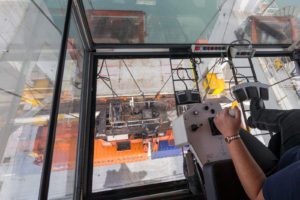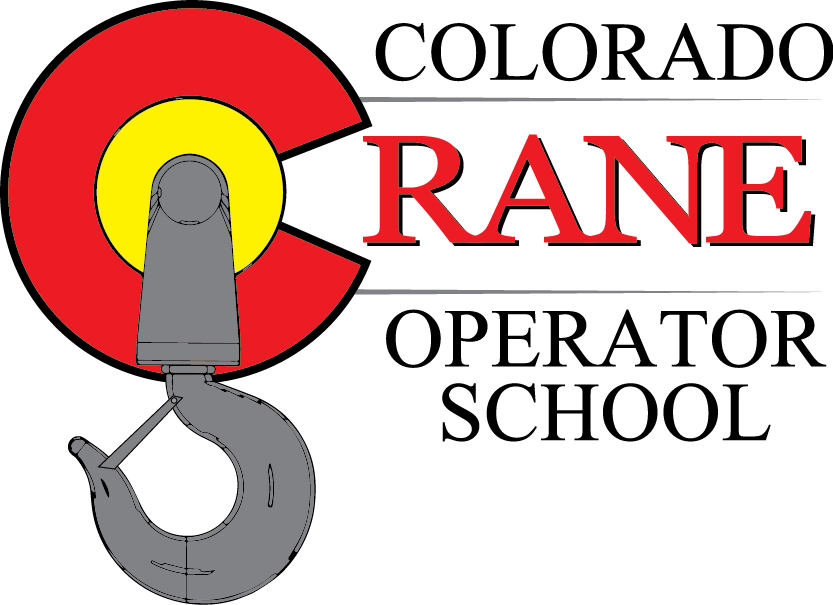Operator Requirements
On May 21st OSHA published its long awaited proposed rule on crane operator requirements. This new proposed rule attempts to ratify concerns that were brought up by industry stakeholders over the 2010 rules language requiring that certifications include type and capacity. At the time, only two of the four accredited testing services were issuing certifications for “type & capacity” of crane rather than just “type.” The new rule seeks to drop the capacity requirement, which never actually went into effect. The new proposed rule places more emphasis on the employer training their crane operators and continually evaluating them for specific cranes and the loads that they will be hoisting. The onus will be placed entirely on the employer to ensure their operators are not only certified, but also qualified to operate the specific type of crane they are on as well as the type of lifts that they will be making.

Excerpts from the proposed rule on operator training
“Employers must continue to address operator training needs after the operator has been certified and demonstrated competency through employer evaluation on specific equipment. Proposed paragraph (b) differs from the training requirements in the existing standard because the proposal would clarify that the employer’s training duty is both equipment-specific and task-specific and extends until the employer has satisfactorily evaluated the operator-in training in accordance with proposed paragraph (f)—Evaluation, or if any retraining or subsequent training is required to perform the assigned tasks.”
“certification does not equal qualification”
Operator Trainers

Excerpts from the proposed rule on operator trainers
Proposed paragraph (b)(4)(i)(B) requires that the trainer must ‘‘have the knowledge, training, and experience necessary to direct the operator-in training on the equipment in use.’’ This requirement is different from the requirements of existing paragraph § 1926.1427(f)(3), which requires a trainer to either be a certified operator or to have passed the written part of a certification test and have familiarity with the equipment’s controls. This proposal recognizes that some trainers without certification may be competent to teach or monitor the equipment operations of an operator-in-training. OSHA expects that in many cases, the trainer will possess a certification. However, the proposal leaves open the possibility that the trainer’s experience with the task and equipment used could be sufficient for experienced personnel to provide training even absent a certification. For example, an uncertified person who has significant experience operating the particular equipment used during the training may have more insight into the function of its controls and the nuances of its operation than someone who is certified for that type of equipment but has never operated that particular equipment. OSHA concludes that this performance-based language, which is similar to the qualified person definition that is familiar to the construction industry, could give employers the flexibility to select and assign trainers who are appropriate to the skills and needs of their operators in-training, while ensuring that these trainers possess an ability to train operators-in-training that goes beyond mere certification.
Comments on the proposed rule are due June 20th.
Crane Inspection Services | Crane & Rigging Training Courses




